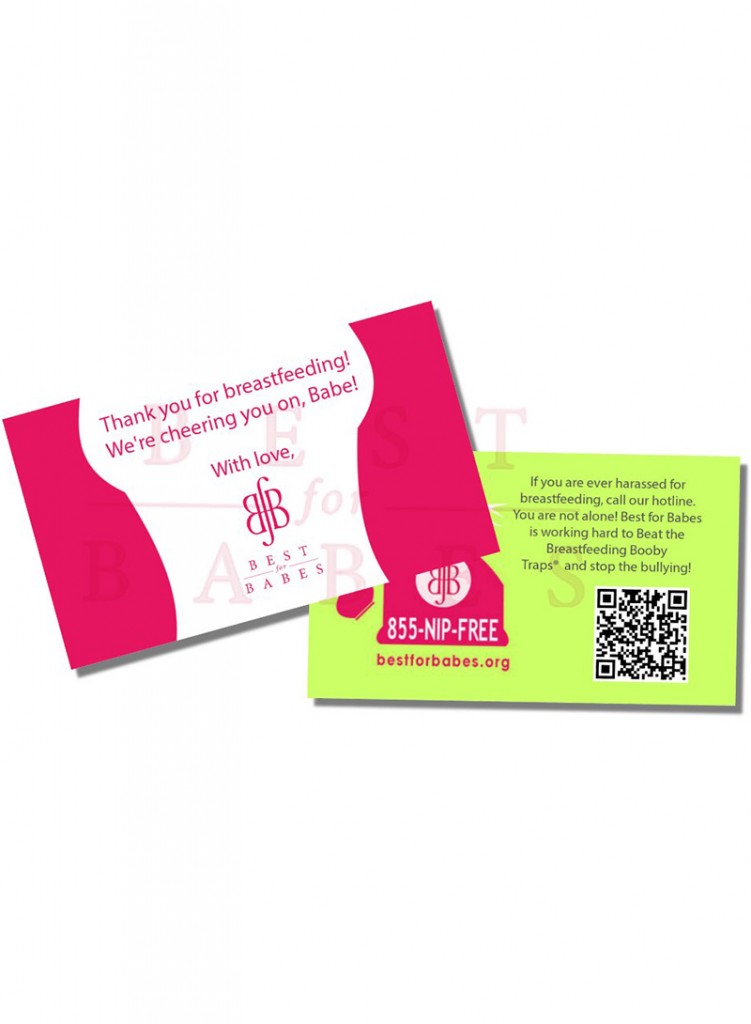A lot of people think there is nothing really to talk about, you just buy your tampons or pads from Walmart go home take Tylenol for 5 days straight and then move on for the rest of the month right?
WRONG!
There is a better way!
Cloth Pads and Menstruation Cups!
Until I got involved with cloth diapering I had never heard about eco-friendly menstruation items. So if you have been left out of the loop don't feel bad.
If you use cloth diapers you will feel right at home because the concept is very similar. If you don't that's ok too because in many ways cloth pads are easier (you only need them once a month after all, not everyday!)
We will start first with a menstruation cup:
 |
| Picture from Domino Pad's website, link below |
This is basically the eco and health friendly version of a tampon. The cup gently fits in the vagina and the blood from menstruation fills the cup up, once it is filled (usually takes the same amount of time as one tampon), you empty it in the sink (or toilet) then wash it in the sink. So let's talk about why it is health friendly first:
- Many tampons come with applicators and you can't actually see what you are putting in your body. Read this story if you don't know why that can be a bad thing.
- Tampons can cause cramping whereas many menstruation cup users say that the cup actually eliminates or at least helps ease cramping (I think we can all get behind that!)
- Each time you insert a tampon you are inserting a non-sterile object into your body that was made by a person and could have God-know-what on it, but you only buy one (or maybe 2 or 3 if you are really passionate) cups so you always know where you have been keeping it, how clean it is and you can always sterilize it by boiling it (you can't do that with a tampon now can you?)
- I have heard (no studies sorry, if you know of a study that proves this please link it below though) that it also is less likely to leak then traditional tampons (yay no leaks! Because that can be gross and embarrassing!) and I have heard that TSS can be avoided by using menstruation cups (correct me if that is just urban legend though).
Now lets talk about eco-friendly:
- You only need to buy one menstruation cup compared to thousands upon thousands of tampons over your life. This means you are saving thousands of gallons of fossil fuels for transportation of the tampons, no more cardboard for the box they come in, no more tampons in our water ways (if they are flushable) or dumps (if they aren't), no more applicator and other individual packaging trash, no more gas to run to the store at 1 am to get more tampons, and no more resources going into actually making the tampon and all it's "accessories"!
- I have never seen statistics on how much trash from menstruating women goes into land fills every year, but I would imagine it is quite a bit! Help break the cycle and make the world a cleaner planet for our kids!
Now on to cloth pads:
These replace disposable pads. You simply store them in a "wet bag" once they are dirty, and then wash them in your washing machine much like you would a cloth diaper or clothes that had a blood stain on them. Here is a picture of them:
 |
| Cloth Pad's from Domino Pad's website, link below |
These are eco-friendly too except you may need to buy more like 15-20 of them, and you will need to wash them once they get dirty.
They are eco and health friendly for pretty much the exact same reason!
But let's talk price! While I know pads and tampons don't seem that expensive I challenge you to really look at that! For example one menstruation cup would cost me $40 if we estimate that the average tampon sells for .20 each we can find out how many tampons it takes to "pay" for one menstruation cup. The answer is: 200. I know that seems like a lot, but lets break this down a little bit, if a woman has a normal cycle of 28 days that means she will menstruate 13 times a year, if her period is 5 days long (that's pretty average) and you absolutely cannot go longer than 8 hours before changing your pad then the average woman uses a little over 195 tampons a year! Guess what, one year financially pays for your menstruation cup and you have saved the planets exponentially on resources! Congratulations my friend you have done to world a service!
And just to be clear according to everyone I have talked to the average menstruation cup last years upon years so you will be saving yourself money for years to come and in this economy every cent matters!
While cloth pads are not nearly as cheap (it takes more like 2.5 years to pay for themselves) they help decrease the use of fossil fuels (since many are made with plastic), and are still much healthier for you! And from my understanding will easily last several years, so you aren't out any extra money!
While there are thousands of great brands out there I have used all the pictures from Domino Pad's so I will recommend them! I am also recommending them because right now they have a give-away going on that you can enter on their facebook page! Check it out! That would be a great way to get started in the freedom of cloth pads even if you aren't quite ready to invest yet! :)
What are your tips for Cloth Pads and Menstruation Cups?
Share with us in the Comments Below!
